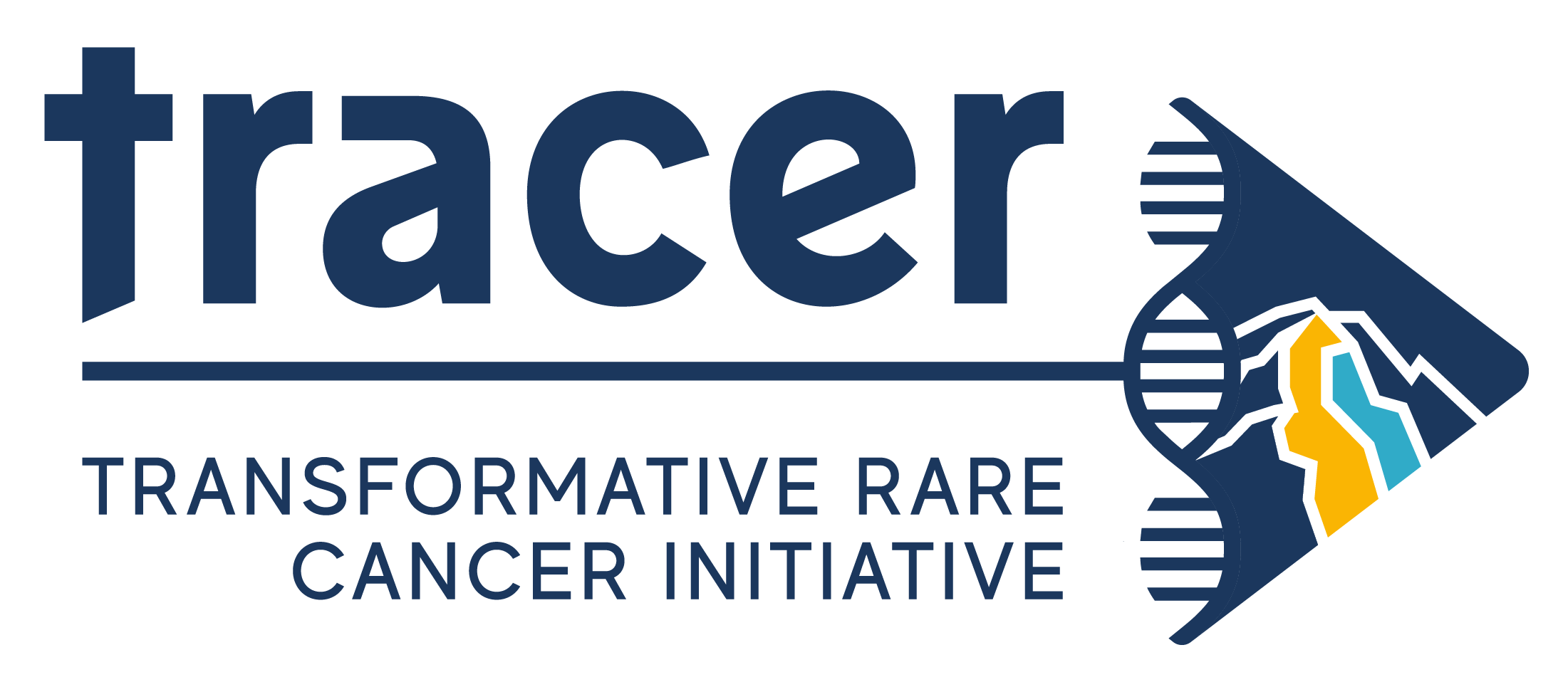
Current Projects
An overview of our current projects at the Transformative Rare Cancer Initiative
1. Development and Characterization of Patient-derived Models of Rare Cancers
Rare cancers present several unique challenges that distinguish them from more common types of cancer. One of the major challenges is the scarcity of rare cancer tumor models for research, which obstructs the progress of creating targeted therapies and personalized treatments.
At Fred Hutch, our team has achieved significant success in generating in vitro and mouse models of various rare cancers, including Fibrolamellar cancer, Ependymoma, and Epithelioid hemangioendothelioma. We have also fine-tuned methods for growing tissues in 3D, developing organoids, and achieving a high success rate in establishing patient-derived xenograft mouse models. We have made these models available to the academic community free of charge and have already distributed them to academic collaborators in Boston and California.
Now, we hope to develop preclinical models for other rare cancers, such as GI malignancies and brain cancers. These models, including new cell lines, organoids, and patient-derived xenograft models, will significantly increase our ability to test new treatments for these cancers.
2. Molecular Characterization of Rare Tumors
Accurate diagnosis, subtyping, disease stratification, outcome prediction, and targeted treatment of rare cancers necessitate intricate molecular and phenotypic analysis. Yet, these advanced strategies require specialized skills, leading-edge technology, and considerable resources, all of which put precision diagnostics financially out of reach for most patients.
To address these challenges, our team is pioneering a streamlined, holistic framework for precise cancer diagnostics that costs less than $100 per sample. We’ve already shown that by pooling multiple patients’ samples, we can analyze changes in gene expression for around 15,000 genes at a remarkable cost of <$20 per sample.
Now, we hope to develop parameters for applying this novel technique to different types of samples from 500 to 1,000 rare tumors, further democratizing access to precise cancer diagnostics without compromising quality. Successfully achieving this goal will result in a cost-effective molecular analysis platform designed for regular cancer diagnosis, advancing clinical and preclinical decision-making processes.
3. Using AI and Patient Tissue to Identify Potential Cancer Therapies
Finding the right drug for an individual cancer, no matter how rare, is the holy grail of clinical oncology.
Our team is developing a new approach to tackle the challenges associated with rare cancers by utilizing an AI-driven platform for screening 1000s of drugs. In addition to quickly informing treatment options for that patient’s cancer, the process also provides invaluable data to our algorithm and refine future drug response predictions.
In short, our platform has the predictive power to provide rapid and accurate treatment predictions for ultra-rare cancers, transforming the field of drug discovery.
Now, we hope to vastly expand and improve our technology to analyze within 36 hours biopsy samples from any rare tumor that can be shipped to our processing facility. If successful, our work will provide a game-changing platform for drug discovery for cancers and personalized oncology.
